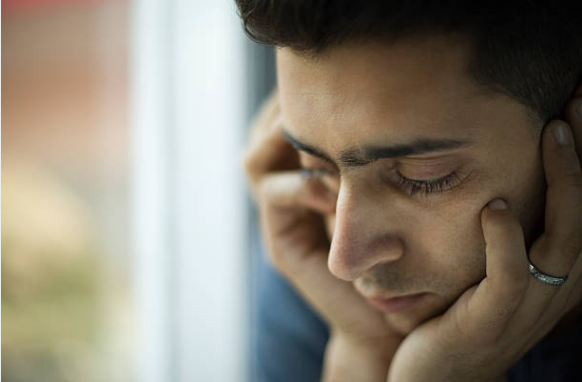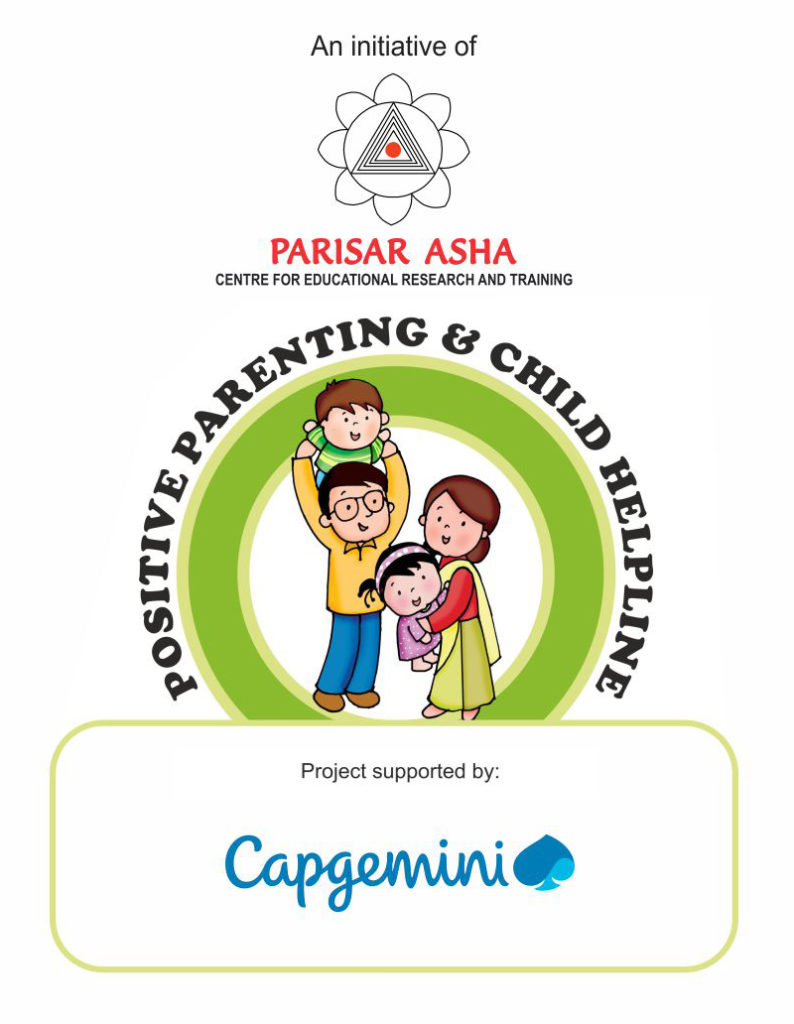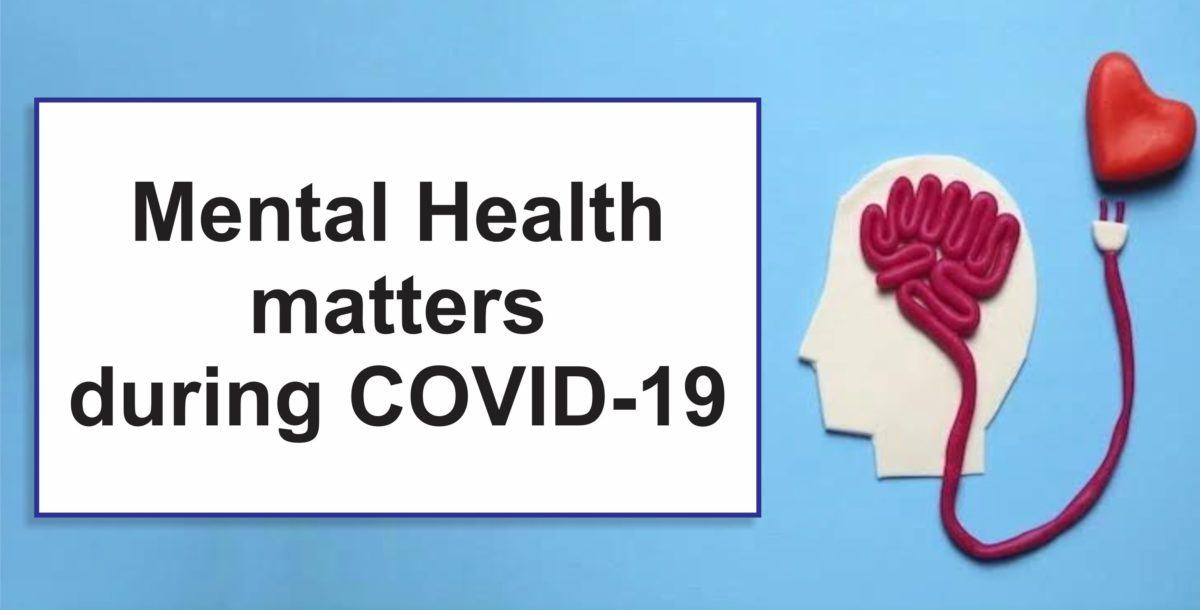“ The struggle you’re in today is developing the strength you need tomorrow”
There is nothing new to talk about the current scenario where a stiff crowned monster called COVID-19 has paralysed the life and for once a war has been waged by the global denizens to fight this deadly virus. There are many precautionary measures and messages taking rounds in the social media, whats app groups and telephonic conversations which is the lifeline for all the quarantined desperate souls who are eagerly waiting for this dark period to come to an end. While efforts are being made to educate and propagate the precautionary measures and healthy hygiene tasks, there is one aspect which needs equal attention for human well-being and that is mental health.
During this precarious time social distancing is the only available defensive mechanism to combat this crisis. On the contrary this social distancing can take a heavy toll on our mental health.
Let us examine how social distancing can impact mental health :
- Prolonged restrictions to stay indoors can make an individual feel breathless and claustrophobic. These feelings compel people come out of their confinement.
- Patients already with mental illnesses are finding difficulty coping with the lock down. The soothing distractions that they are used to have reduced. The media channels and social media is flooded with news of this situation and the exposure to such negative content has increased which is affecting them majorly. Further, the constraint in open access to mental health professionals is worsening the situation.
- Unprecedented tough handling of the situation that have led to restrictions leading to the rise of fear, negativity, anger, frustration and anxiety among people.

Such situations are beyond our control. What is within our control is to take conscious efforts to pull ourselves from such blueness.
Here are some tips which can be practiced.
Tip 1 : Start writing affirmations. Affirmations can be :

- I am confident
- I love myself
- I will take all the precautionary measures
Tip 2 : Accepting the current situation
Tip 3 : Understanding the rationale of the decisions and the need for the restrictions
Tip 4 : Instead of viewing the sudden changes with negativity, it will be helpful to be positive and realize that this is a social responsibility which can be dealt cheerfully, cautiously without fear.
Along with restoring a positive mental health please follow the precautionary measures underlined by WHO without fail :
- Wash your hands regularly with soap and water or clean them with alcohol-based hand rub
- Maintain at least 1 meter distance between you and people coughing or sneezing
- Avoid touching your face
- Cover your mouth and nose when coughing or sneezing
- Stay home if you feel unwell
- Refrain from smoking and other activities that weaken the lungs
- Practice physical distancing by avoiding unnecessary travel and staying away from large groups of people
We are here to bring about a positive change.
Feel free to contact our helpline number at 882833443
This helpline is operational from Monday to Sunday from 9.00 am- 9.00 pm
-Positive Parenting & Child Helpline Team
Dr. Jayesh Ghodke- Psychiatrist
Ms Ketaki Gokhale- Clinical Psychologist
Ms Akshada Wavekar- Clinical Psychologist
Mrs Madhuri Gandhi- Clinical Psychologist


